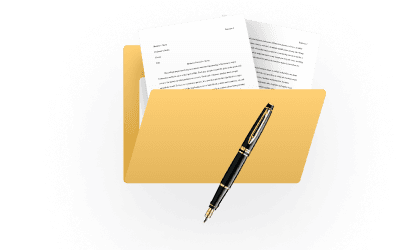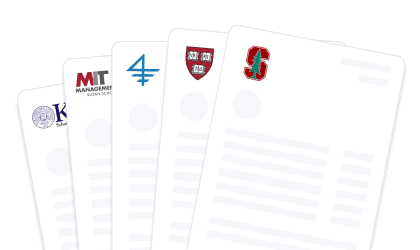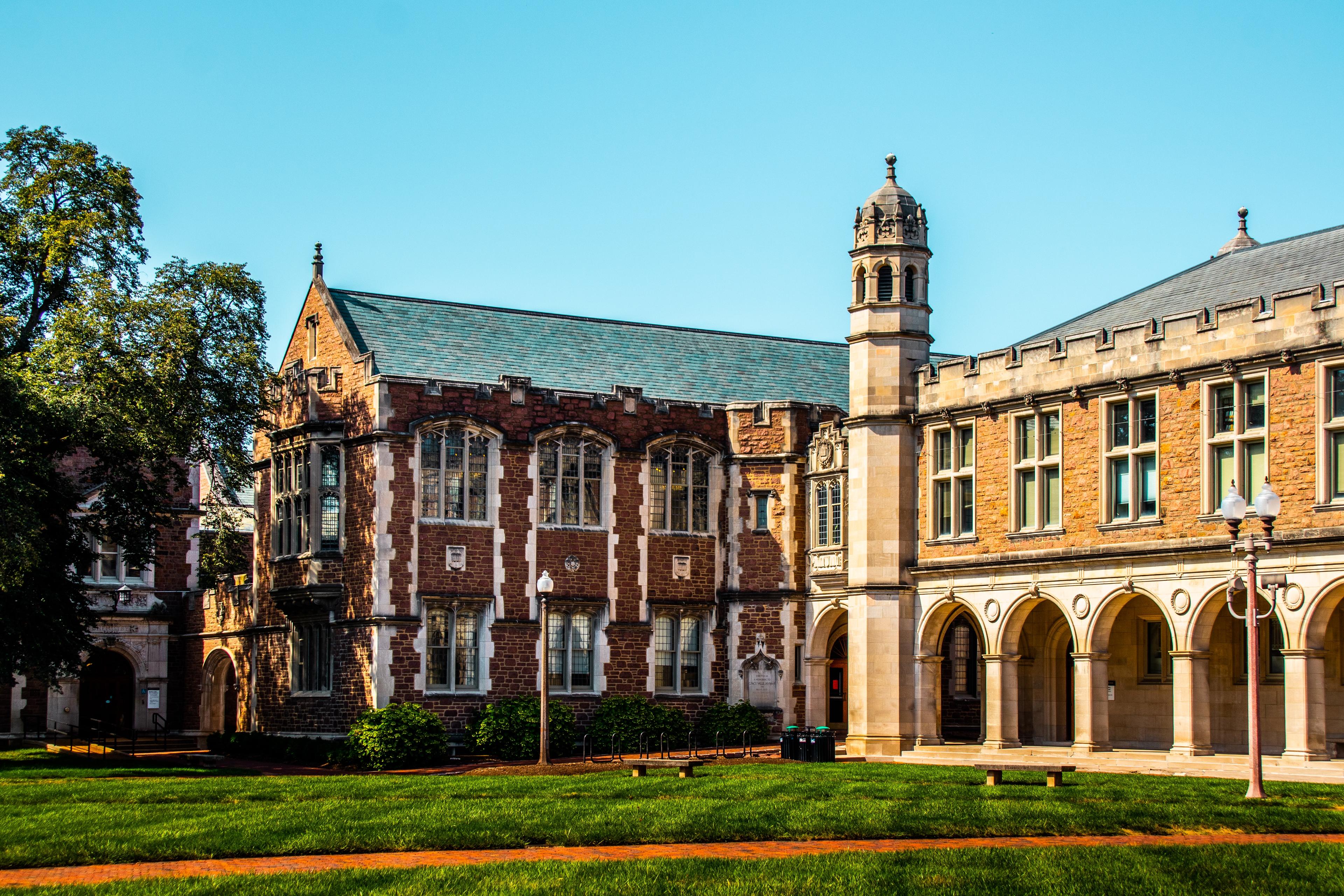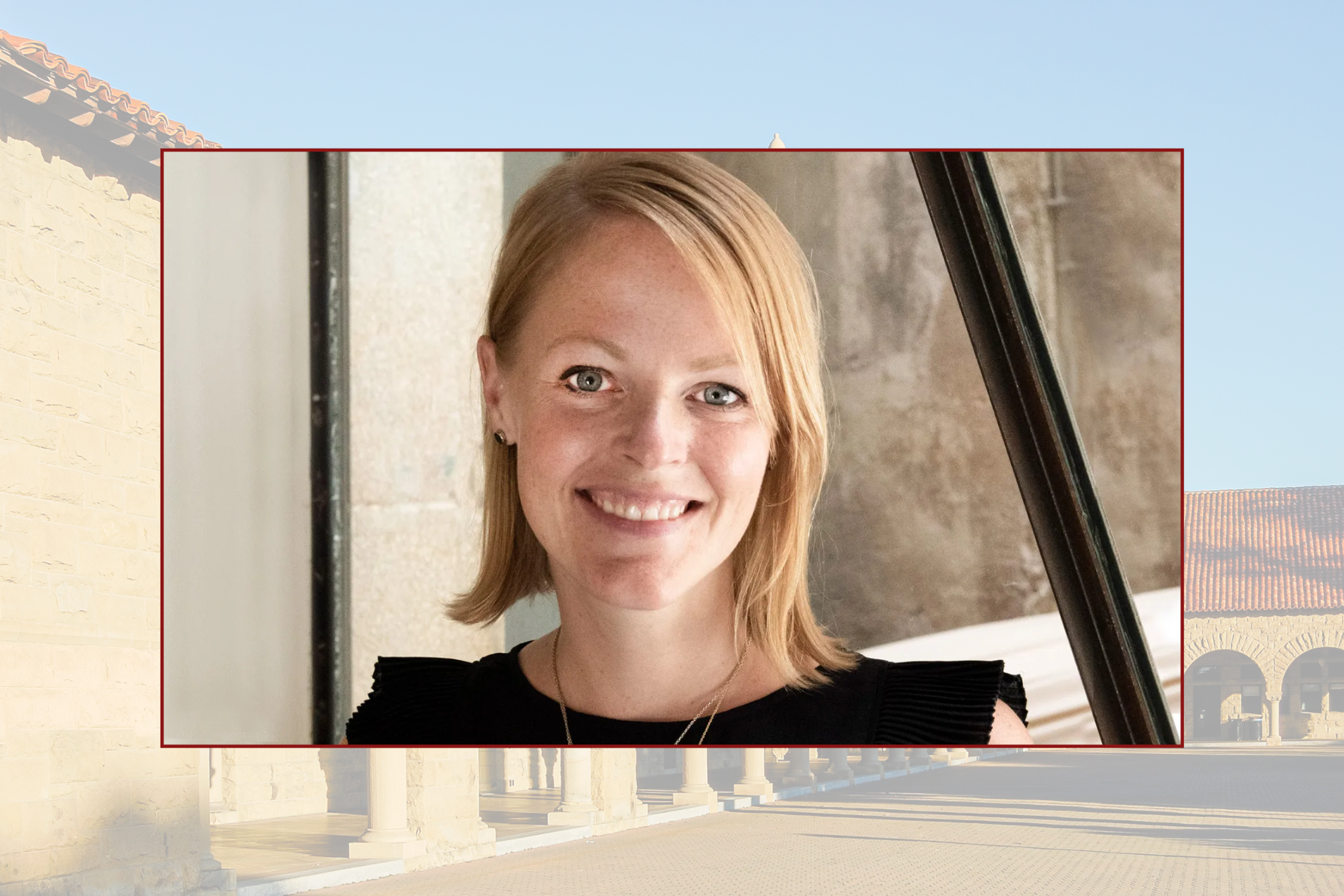How I Got Into Chicago Booth Scholars (Deferred MBA) – An Interview With Bruce Erickson
A recent admit to Chicago Booth's deferred MBA program talks about his application, including the challenges, what made his story stand out, how to navigate the interviews, approaching the essays, overcoming imposter syndrome, and more.
Posted June 13, 2025
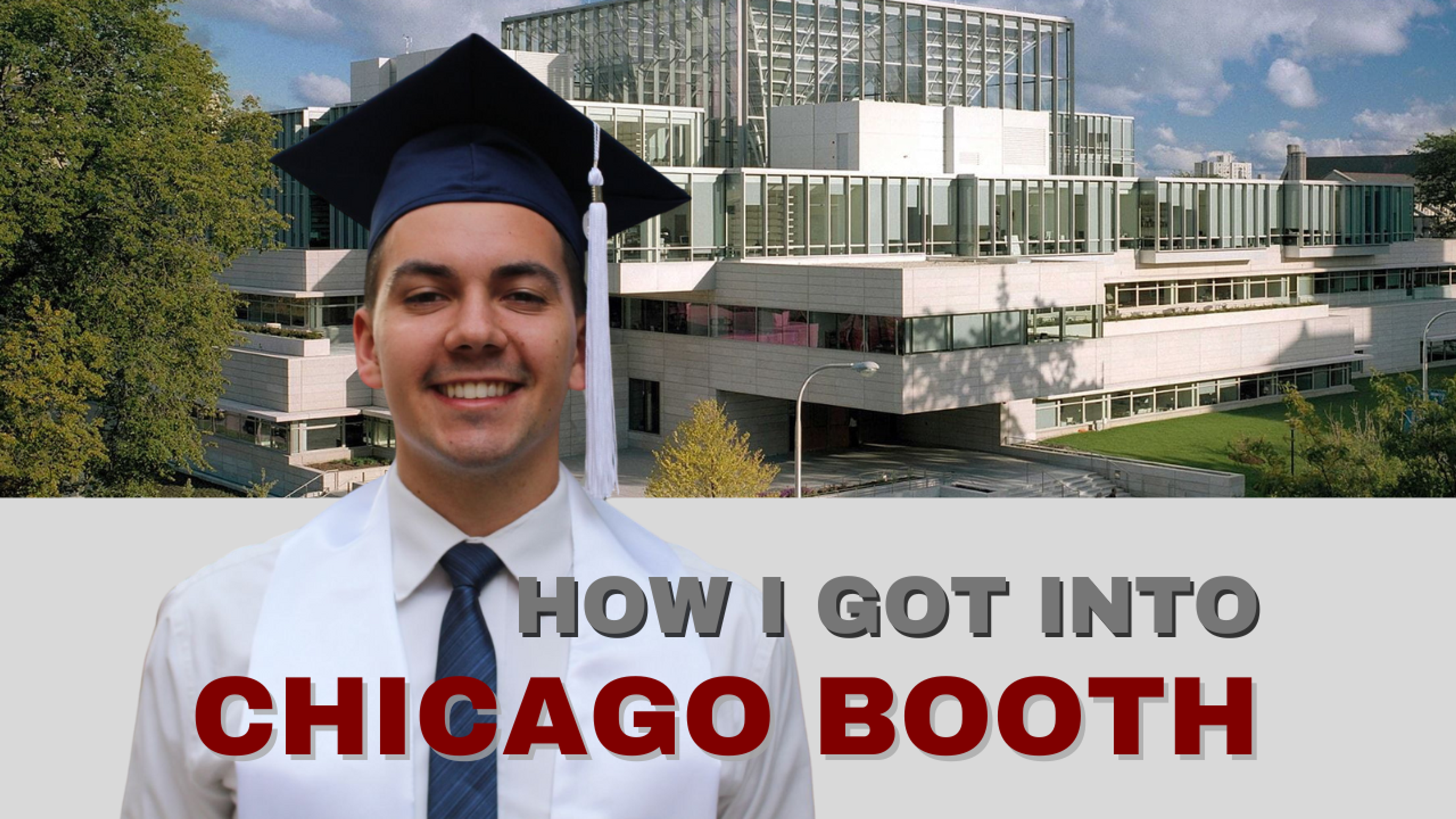
Join a free event
Learn from top coaches and industry experts in live, interactive sessions you can join for free.
Table of Contents
Introduction: Meet Bruce Erickson
I’m Bruce Erickson, originally from Vancouver, Washington. I studied finance at Brigham Young University, focusing on corporate finance. After graduation, I’m heading to Microsoft in their rotational program. I’m also excited to be an admitted deferred candidate for the Chicago Booth MBA program.
Why did you apply to deferred MBA programs in general and Chicago Booth more specifically?
I was intrigued by the flexibility of a deferred MBA program. Normally, you’re accepted to a single program in a single term, but with a deferred program, you can sometimes be accepted to multiple programs over several years. I thought, the sooner I could connect with the community, the better. It also adds credibility early in your career and gives you flexibility on when to matriculate.
As for Booth, I definitely wanted to go to a top-tier university. They have a great reputation, and I was impressed by their alumni, who are doing amazing things in their careers. The Booth Deferred program is unique because they accept you into both their full-time and part-time MBA programs, and I had a unique interest in their part-time program. This was a way for me to get my foot in the door for both programs and be able to choose between them.
Read: Chicago Booth — MBA Program & Application Overview and The Different Types of MBA Programs—and Which One is Right for You
Walk me through your MBA application process
The first part of the process was choosing the schools, which was challenging because not all schools offer deferred applications. After finalizing my list, I focused on the GMAT, which took a lot of time and effort. After completing the GMAT, I concentrated on the essays, starting with Booth since it was my number one school. I spent a lot of time honing in on the essays, trying to make them unique to each school and showing why I’d be a qualified candidate.
Read: The Ultimate MBA Application Guide
Why did you choose to take the GMAT over the GRE?
I probably didn’t put as much thought into the GMAT vs. GRE decision as others might. I was familiar with the GMAT content and felt like the format matched my strengths. Once I started studying, I liked the content, so I just kept going with the GMAT.
Read: GMAT vs. GRE for Business School—Which Should You Take (and How to Ace Both) and Top 50+ Free Resources for GMAT & GRE Practice
How did you think about tackling the Chicago Booth essays?
Booth’s essay prompts are definitely challenging. The biggest thing for me was making sure I answered the prompt directly. I was motivated to share compelling stories about who I was and why I made certain decisions, but I realized those stories didn’t always answer the question. I had to connect my future goals, past experiences, and current ambitions with Booth’s program, focusing on how I could contribute to their program and how it would help me reach my goals.
Read: Chicago Booth MBA Essays: 5 Expert Tips
Revising & Refining
I learned that the first draft is never the final draft. My initial essays looked drastically different from the final versions I submitted. I tried not to get too attached to stories or sentences that sounded catchy but didn’t really help me stand out. It was about what would make me stand out to the admissions committee and what was most relevant to the program.
Finding Authentic Stories
At first, I thought about what the admissions committee wanted to see, but I realized that wasn’t the right approach. Instead, I focused on what was true and authentic to me. I had to dig deep to find stories that really demonstrated who I am and that would resonate with the admissions committee. I wasn’t comfortable showing a lot of emotion at first, but I knew I needed to be vulnerable and share experiences that shaped who I am.
How did you think about securing strong letters of recommendation, especially as a deferred MBA applicant?
I was fortunate that the recommendation part wasn’t too tricky. I asked my manager from a previous internship at Microsoft, who had done his MBA at the University of Michigan, and I felt we had a good relationship. For the educational recommendation, I chose a professor at BYU who knew me well and could speak to how I handled conflict. I also prioritized finding someone who could provide a real, authentic recommendation rather than just someone with seniority or an alumni connection.
Read: How to Get the Perfect MBA Letter of Recommendation—With Examples and MBA Recommender Questions and Criteria for the Top 10 Business Schools
What did the Chicago Booth interview process look like for you?
I had the option to do a remote interview, but I decided to fly to Chicago to show my interest and get to know the school better. The interview was with a second-year MBA student, and it was more formal than I expected. They asked typical questions like “Why Booth?” and “Why MBA?” and how my experiences connected to my future career goals. The applicants who'd interviewed right before me had told me that their interviewers were very casual and it was more conversation-based. That was not my experience. I think the best way to approach it is to mirror the attitude/behavior of your interviewer. If they are being casual, you can reflect that; if they're not, adjust as needed. I left the interview feeling a bit nervous, but I was grateful that I had prepared as best as I could.
Read: How to Answer the “Why Booth?” Interview Question and How to Ace Your MBA Interview: With Prep Questions & Answers
What do you think made you stand out in the application process?
I often felt like there wasn’t anything unique about me, but looking back, I think a few things helped me stand out. I didn’t come from an investment banking or consulting background, which is common for MBA applicants. I also made it clear that I wanted to go into entrepreneurship, which isn’t as common. I connected well with Booth alumni, many of whom submitted secondary letters of support on my behalf. I also focused on a smaller number of schools, which allowed me to tailor my essays more specifically to Booth.
Connecting with Booth alumni was a huge part of my application process. I reached out to people who were supportive and kind, and I made sure to follow up with them multiple times. These genuine connections provided me with invaluable insights and support throughout the process.
What were the primary challenges you faced in the Booth application process and how did you overcome them?
The application process wasn’t easy. One of my biggest challenges was overcoming the fear of failure. It was intimidating to apply to top-ranked schools, but I realized I couldn’t cut myself out of the discussion. Another challenge was the time commitment, especially with the GMAT and essays. It was difficult to balance studying with my personal life, but talking to others who had gone through the process helped me determine which of my life experiences were most relevant to my application.
What is your advice for future Deferred applicants and Chicago Booth applicants?
My biggest piece of advice is to start early on everything—the GMAT, the essays, and school selection. Also, attend as many events as you can to learn about the schools. The more you learn, the more you’ll know if a program is the right fit for you. Lastly, don’t be afraid to reach out and build genuine connections with alumni and current students—they can make a huge difference in your application process.
Read our other success stories:
Browse hundreds of expert coaches
Leland coaches have helped thousands of people achieve their goals. A dedicated mentor can make all the difference.










